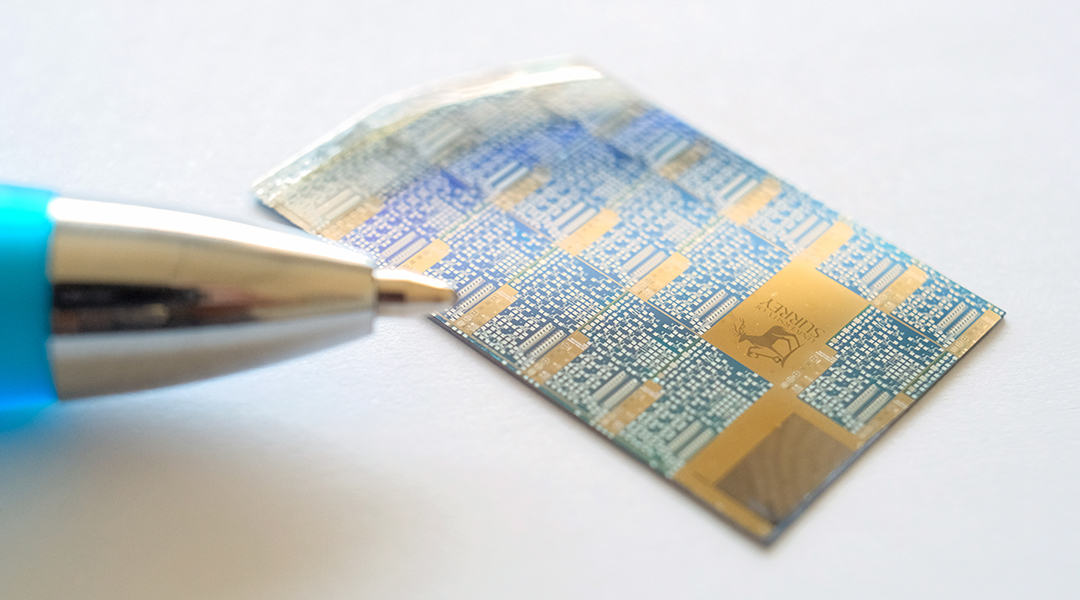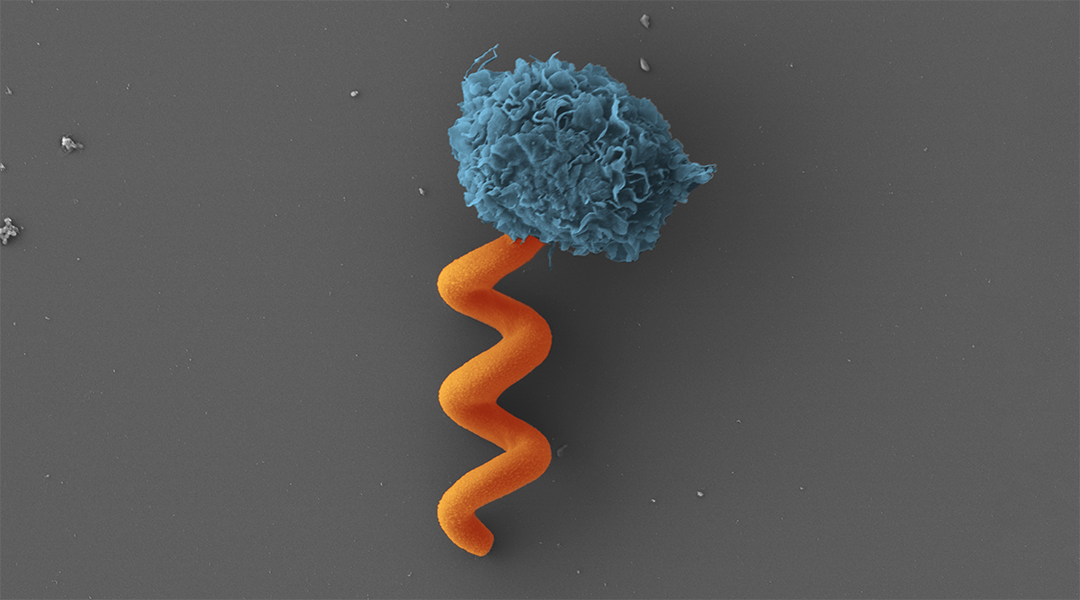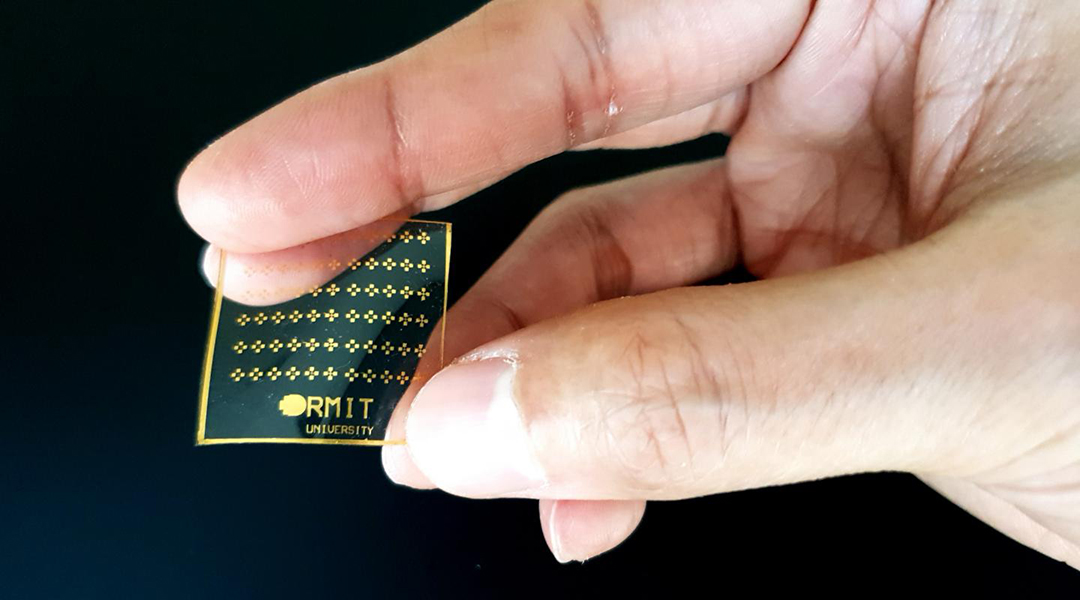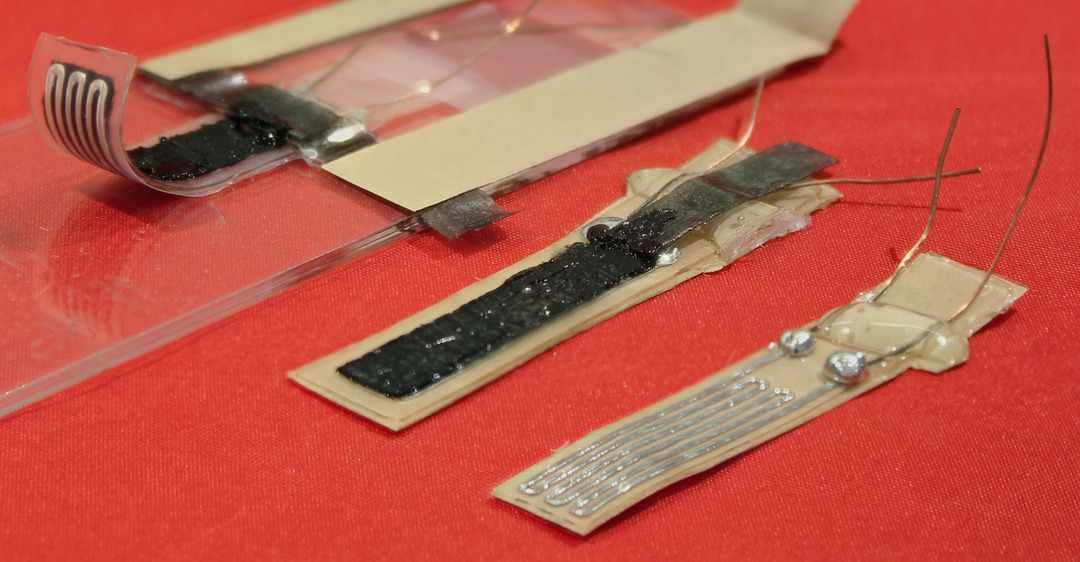Multimodal thin-film transistors, or MMTs, could be pivotal in designing the next-generation of wearables and eco-disposable sensors.


Multimodal thin-film transistors, or MMTs, could be pivotal in designing the next-generation of wearables and eco-disposable sensors.

A new strategy allows researchers control robotic movement using fluids, creating flexible, untethered systems with promising applications.

Researchers create new soft electrostatic zipping actuators manufactured through an integrated printing process for next generation soft robotics.

Zwitterionic polymers allow researchers to fabricate drug-carrying microrobots that can operate covertly under the immune system’s radar.

Prototype device electronically replicates the way human skin senses pain.

A new machine vision system can adapt to its surroundings and paves the way for in-situ neuromorphic recognition tasks.

A reality-rooted perspective on “explainable AI” and what this means for the future of the field.

Simulations at Graz University of Technology refute earlier theories on long-range charge transfer between organic and inorganic materials.

An AI-based process recommender system for injection molding allows non-experts to set process conditions in real time.

A new layer-by-layer fabrication process allows researchers to create new and improved soft robot actuators with variable degrees of stiffness.